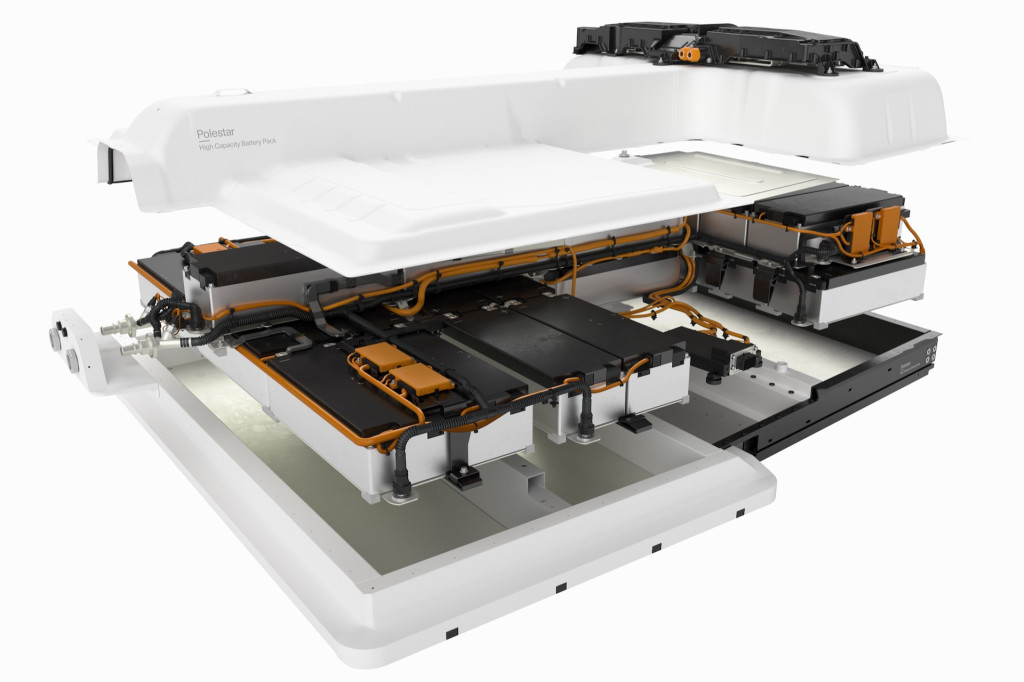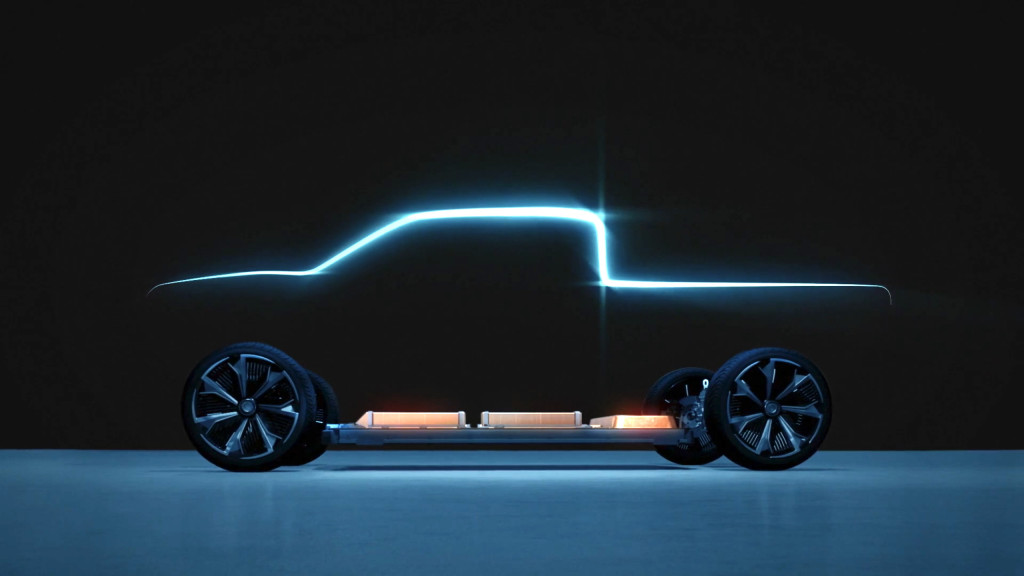A scarcity of requirements for restore and alternative of EV battery packs might result in greater insurance coverage premiums, based on a current Reuters report (by way of Automotive Information).
Battery packs can symbolize as much as 50% of an EV’s price ticket, typically making it uneconomical to exchange them, based on the report. And whereas there is no such thing as a normal process for addressing broken battery packs, it is extra frequent to exchange somewhat than restore. In some instances that would result in comparatively new automobiles being “totaled” by insurance coverage firms over minor harm.
Automaker insurance policies on repairability of battery packs fluctuate, the report discovered. Ford mentioned particular person battery modules might be changed, and mentioned it had developed a better method to substitute the battery pack tray if the surface is broken. Nissan and Renault additionally mentioned modules might be changed with out junking the entire pack, however indicated this might solely be performed at dealerships or different manufacturer-associated amenities.

Polestar 2 battery pack
Stellantis mentioned it doesn’t restore batteries after crashes the place the airbags deploy, whereas the structural pack in newer variations of the Tesla Mannequin Y, utilizing 4680-format cells, cannot be repaired, based on the report.
Repairability may also be a problem with cell-to-pack tech that skips the modules for efficiency and energy-density beneficial properties. Chinese language battery agency CATL is beginning to provide it to automakers, beginning with Geely’s Zeekr model, and doubtlessly increasing to future Hyundai, Kia, and Genesis fashions. Chinese language startup Beta Auto goals to advance the idea with cell-to-chassis purposes, though up to now no firm has introduced plans to make use of both configuration in U.S.-market automobiles.

GM electrical pickup silhouette – from 2020 Ultium platform preview
Basic Motors mentioned its new Ultium battery packs are designed to be repaired on the module stage, and it has beforehand boasted that its wi-fi battery administration system and pack construction will enable new cell designs with out redesigning the pack—and it’d allow less complicated pack restore.
Whereas automakers cannot agree on whether or not a battery pack must be repaired or changed, they’re steadily coalescing round recycling these packs and their valuable supplies after they have actually reached the top of their helpful lives. GM has named Canada’s Li-Cycle as official recycler for Ultium battery cells, whereas Ford, Toyota, and the Volkswagen Group’s Audi and VW manufacturers have partnered with Redwood Supplies.
